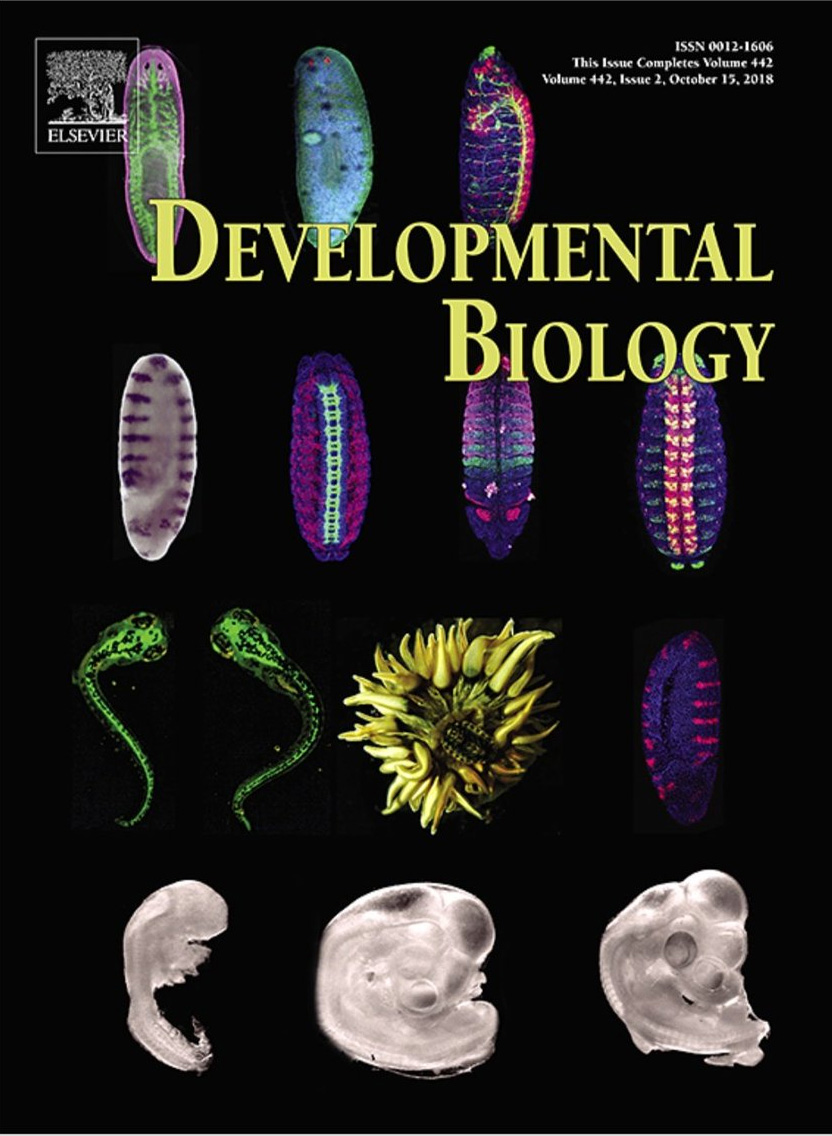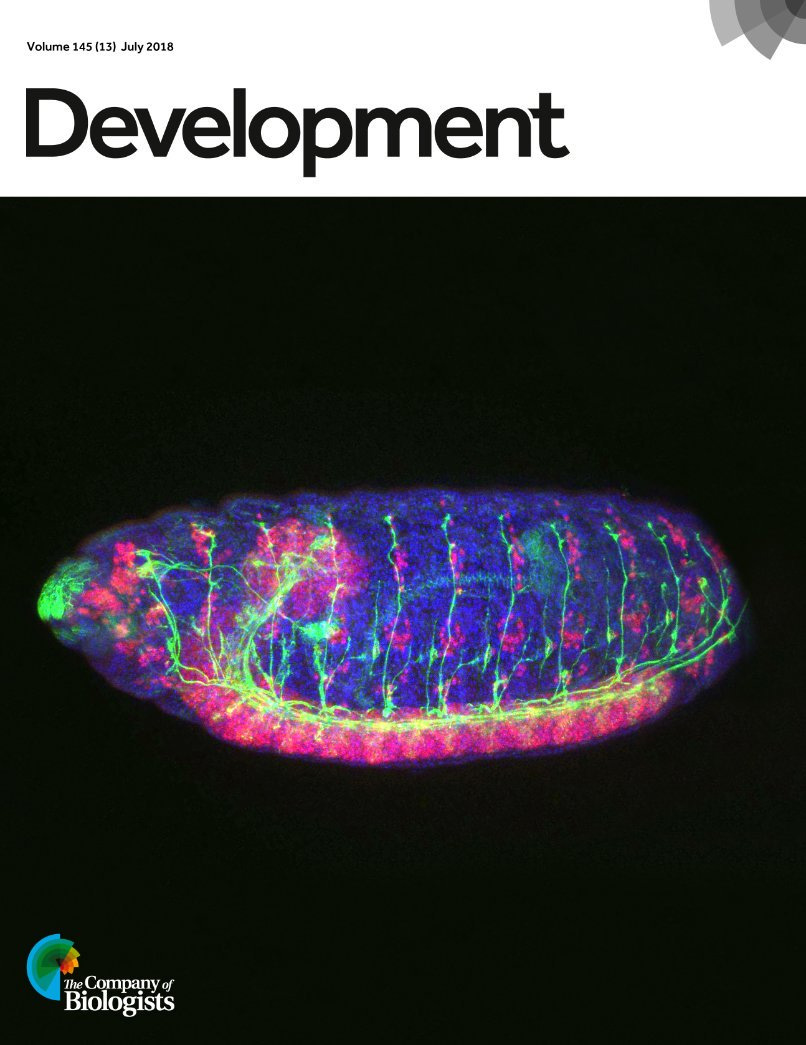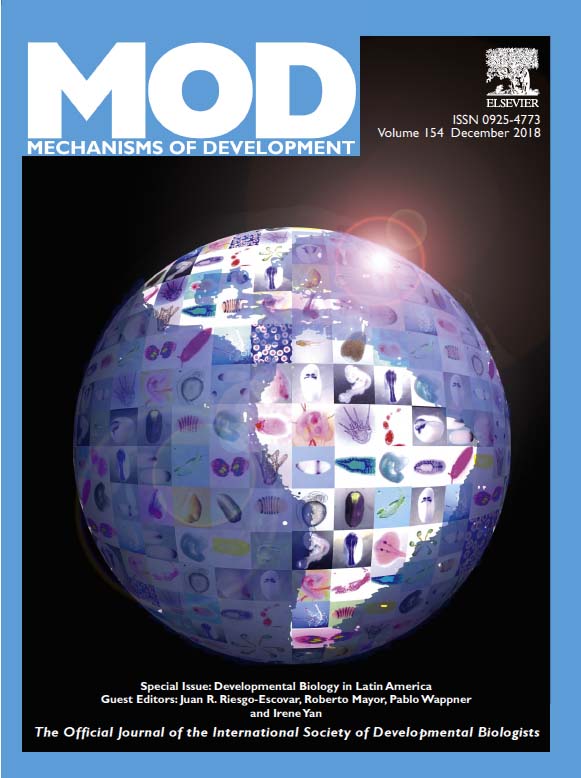Course 2014
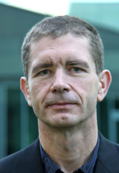 Olivier Pourquié, is professor at Strasbourg University Medical School in France. He served as Director of the Institute for genetics and Molecular and Cellular Biology in Strasbourg from 2009-2012, prior to that he was a Howard Hughes Medical Institute Investigator. Pourquié is widely recognized as an international scholar of Vertebrate Developmental Biology.
Olivier Pourquié, is professor at Strasbourg University Medical School in France. He served as Director of the Institute for genetics and Molecular and Cellular Biology in Strasbourg from 2009-2012, prior to that he was a Howard Hughes Medical Institute Investigator. Pourquié is widely recognized as an international scholar of Vertebrate Developmental Biology.
Dr. Pourquié is an elected EMBO and a member of Academia Europea. He is the recipient of several prestigious awards including the Lounsbery Grand Prize of the French and American Academy of Sciences, the Allianz Grand Prize of the French Academy of Sciences and a European Research Council Advanced Grant. His laboratory’s discovery of the first evidence of the existence of a molecular oscillator- the segmentation clock- associated to the rhythmic production of vertebral precursors (the somites) in the embryo was recognized as one of the 25 milestones in Developmental Biology in the 20th century by Nature magazine.
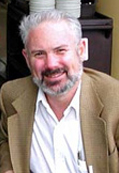 Scott Gilbert, is Professor of Biology at Swarthmore College where he teaches developmental genetics, embryology, and the history and critiques of biology. He earned his PhD in biology and M.A. in the history of science at the Johns Hopkins University.
Scott Gilbert, is Professor of Biology at Swarthmore College where he teaches developmental genetics, embryology, and the history and critiques of biology. He earned his PhD in biology and M.A. in the history of science at the Johns Hopkins University.
Dr. Gilbert is currently on the Board of the Directors of the International Society for Differentiation and is a fellow of the AAAS. He also serves on the education committee of the Society for Developmental Biology. He has written the textbook “Developmental Biology” (presently in its ninth edition), as well as editing “A Conceptual History of Embryology” and “Embryology: Constructing the Organism”.
He has received several awards, including the Medal of François I from the Collège de France, the Dwight J. Ingle Memorial Writing Award, the Choice Outstanding Academic Book Award, an honorary doctorate from the University of Helsinki, and a John Simon Guggenheim Foundation Grant. His present research is in evolutionary developmental biology, focusing on how the turtle forms its shell.
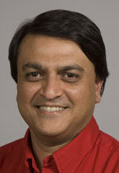 Nipan Patel, is Professor of Integrative Biology and Molecular Cell Biology at the University of California, Berkeley. He received his A.B. degree in biology from Princeton University and his Ph.D. degree in biology from Stanford University. Before moving to Berkeley, he was a staff associate in the Department of Embryology at the Carnegie Institution and a professor at the University of Chicago.
Nipan Patel, is Professor of Integrative Biology and Molecular Cell Biology at the University of California, Berkeley. He received his A.B. degree in biology from Princeton University and his Ph.D. degree in biology from Stanford University. Before moving to Berkeley, he was a staff associate in the Department of Embryology at the Carnegie Institution and a professor at the University of Chicago.
He was named a fellow of the American Association for the Advancement of Science and he is a Howard Hughes Medical Institute Investigator.
His research program centers on the study of the evolution of development mechanisms with a focus on the genes that regulate segmentation and regionalization of the body plan.
He is particularly interested in understanding how certain steps in patterns formation that require protein diffusion in Drosophila are accomplished in those insects and crustaceans in which cellularization of the growing embryos would seem to preclude formation of gradients by diffusion.
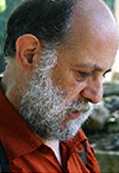 Claudio Stern, University College London, the research in his laboratory focuses on the processes that establish cell diversity and pattern in the early embryo. He is interested in the questions: how do cells in the embryo know what fates to adopt, at the right positions and at the right time? What mechanisms ensure that the correct proportions of cells are allocated to different organs?
Claudio Stern, University College London, the research in his laboratory focuses on the processes that establish cell diversity and pattern in the early embryo. He is interested in the questions: how do cells in the embryo know what fates to adopt, at the right positions and at the right time? What mechanisms ensure that the correct proportions of cells are allocated to different organs?
He received his BSc in Biological Sciences and a PhD in Developmental Biology from the University of Sussex. He worked at University of Oxford for almost 10 years and then he was appointed Chair of the Department of Genetics and Development at Columbia University in New York, returning to the UK in 2001 to become the Head of the Department of Anatomy and Developmental Biology at University College London. He is a member of EMBO and Fellow of the Academy of Medical Sciences and Royal Society. He was awarded the Waddington Medal by the British Society for Developmental Biology.
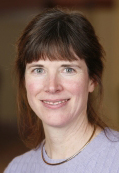 Mary Mullins, is Professor of Cell and Developmental Biology at the University of Pennsylvania. She received her B.S. from the University of Wisconsin and her PhD from the University of California at Berkeley.
Mary Mullins, is Professor of Cell and Developmental Biology at the University of Pennsylvania. She received her B.S. from the University of Wisconsin and her PhD from the University of California at Berkeley.
She studies the molecular mechanisms by which a BMP (Bone Morphogenetic Protein) signal transduction pathway establishes different aspects of the vertebrate body plan. Her laboratory has identified various zebrafish mutants of the BMP pathway. She is studying the formation, function, and temporal regulation of a BMP activity gradient, which is implicated in specification of diverse cell types along the dorsal-ventral axis.
Her laboratory has performed large-scale maternal-effect mutant screen, not previously performed in a vertebrate, to identify mutants of key genes specifically required in the mother for oocyte development, egg activation, fertilization, the midblastula transition, and establishment of the axes of the vertebrate embryo.
 Alejandro Sánchez-Alvarado, Stower Institute for Medical Research, USA. He has established a powerful new model system to study the molecular mechanics of regeneration, using the freshwater flatworm Schmidtea mediterranea. Sánchez Alvarado’s lab has developed the molecular tools needed to reveal how regeneration works in this flatworm.
Alejandro Sánchez-Alvarado, Stower Institute for Medical Research, USA. He has established a powerful new model system to study the molecular mechanics of regeneration, using the freshwater flatworm Schmidtea mediterranea. Sánchez Alvarado’s lab has developed the molecular tools needed to reveal how regeneration works in this flatworm.
From Venezuela he arrived at Vanderbilt University, where he succeeded as an undergraduate. He has worked at Carnegie Institution of Washington, Dept. of Embryology and at the Stower Institute for Medical Research, USA. He has recently moved to the Stower Institute for Medical Research, where he is currently an Investigator of the Howard Hughes Medical Institute.
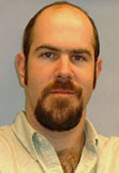 John Wallingford, is Associate Professor in the Section of Molecular Cell and Developmental Biology at the University of Texas at Austin and he is also a Howard Hughes Medical Institute Young Investigator. He received her B.A. from Wesleyan University and his PhD from University of Texas at Austin.
John Wallingford, is Associate Professor in the Section of Molecular Cell and Developmental Biology at the University of Texas at Austin and he is also a Howard Hughes Medical Institute Young Investigator. He received her B.A. from Wesleyan University and his PhD from University of Texas at Austin.
He is interested in understanding the process by which embryos acquire their final shape, which involves the coordination of cell fate decisions with cell movement. His research takes an integrated approach to understanding this process in chordate embryos. His laboratory combines molecular manipulations, time-lapse imaging, bioinformatics and embryology to investigate molecular signaling, individual cell behavior, and tissue rearrangement.
By considering all of these components and how they affect the final body plan, he hopes to build a comprehensive picture of early embryonic morphogenesis. He has received a career Award in Biomedical Sciences from the Burroughs Wellcome Fund and an Early Career Excellence Award from Sandler Program for Asthma Research, among many other distinctions.
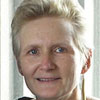 Andrea Streit, is Professor of Developmental Neurobiology at King’s College London, UK. She studied biology at the University of Cologne, Germany. She obtained her PhD in neurobiology from the University of Heidelberg, Germany. As a postdoctoral fellow she worked at the University of Turku and at the University of Oxford. Then she moved to Columbia University, USA, first as a postdoctoral fellow and then as an associate research scientist. In 2000, she joined the Department of Craniofacial Development at King’s College London.
Andrea Streit, is Professor of Developmental Neurobiology at King’s College London, UK. She studied biology at the University of Cologne, Germany. She obtained her PhD in neurobiology from the University of Heidelberg, Germany. As a postdoctoral fellow she worked at the University of Turku and at the University of Oxford. Then she moved to Columbia University, USA, first as a postdoctoral fellow and then as an associate research scientist. In 2000, she joined the Department of Craniofacial Development at King’s College London.
Her research focuses on the molecular mechanisms that control cell fate decisions in the nervous system investigating signalling, gene regulation and function. She has contributed to the discovery of the signals and earliest events that mediate neural induction.
More recently, her group concentrates on the transcriptional networks and signals that control how progenitors for the cranial sensory nervous system are specified in vivo and how they differentiation into components of the ear, eye and olfactory epithelium.
 Kathleen Whitlock, U. Valparaiso, Chile. Her work is focused on the development of the olfactory system. Among vertebrate sensory systems the olfactory organ is unique; it gives rise to not only the regenerating class of sensory neurons, the primary olfactory sensory neurons, but is also thought to give rise to a population of neuroendocrine cells that migrate into the central nervous system.
Kathleen Whitlock, U. Valparaiso, Chile. Her work is focused on the development of the olfactory system. Among vertebrate sensory systems the olfactory organ is unique; it gives rise to not only the regenerating class of sensory neurons, the primary olfactory sensory neurons, but is also thought to give rise to a population of neuroendocrine cells that migrate into the central nervous system.
She received her Ph.D. in Zoology from University of Washington USA and was an investigator at Cornell University. She recently moved to the Centro de Neurociencia, Facultad de Ciencias, Universidad de Valparaíso, where she is member of the Millennium center “Centro Milenio Genómica de la Célula”. She has a vast experience in zebrafish development.
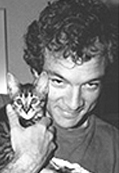 John Ewer, U. Valparaiso, Chile. His laboratory uses molecular and genetic approaches to study the regulation of behavior and physiology by neuropeptides using the fruit fly, Drosophila melanogaster.
John Ewer, U. Valparaiso, Chile. His laboratory uses molecular and genetic approaches to study the regulation of behavior and physiology by neuropeptides using the fruit fly, Drosophila melanogaster.
Insect growth and development occurs through multiple stages. At the end of each stage insects molt to produce a new cuticle for the next stage. During this process, the new cuticle develops beneath the old one, while much of the old cuticle is resorbed. The final, vital, step of this developmental process is ecdysis, the shedding of the remaining old cuticle. This behavior is of biological interest because its smooth execution is critical to the insect’s survival, and failures at ecdysis are rapidly and invariably fatal.
He got his Ph.D. from Brandeis University and worked at Cornell University. He moved to Universidad de Valparaiso, Chile in 2006, to be part of the Centro de Neurociencia de Valparaíso and the Centro Milenio Genómica de la Célula.
 Roberto Mayor, University College London, UK. The primary aim of his research group is to elucidate the mechanism that underlies the development of the Neural Crest. He would like to know how Neural Crest cells acquire their identity within the ectoderm and how their migration and differentiation is controlled. He study neural crest development in zebrafish and frog ( Xenopus laevis) embryos as these two animal models offer several complementary advantages.
Roberto Mayor, University College London, UK. The primary aim of his research group is to elucidate the mechanism that underlies the development of the Neural Crest. He would like to know how Neural Crest cells acquire their identity within the ectoderm and how their migration and differentiation is controlled. He study neural crest development in zebrafish and frog ( Xenopus laevis) embryos as these two animal models offer several complementary advantages.
He is a Professor of Developmental and Cellular Neurobiology at University College London. He was named International Scholar of the Howard Hughes Medical Institute. He is a member of the editorial board of Development, Developmental Biology, Mechanisms of Development and Developmental Dynamics and Associate Editor of the International Journal of Developmental Biology and BMP Developmental Biology. He was founder and president of the Latin American Society of Developmental Biology (LASDB).
Organizers:
• Ariel Reyes, Universidad Andrés Bello
• Alfredo Molina, Universidad Andrés Bello
• Roberto Mayor, University College London





